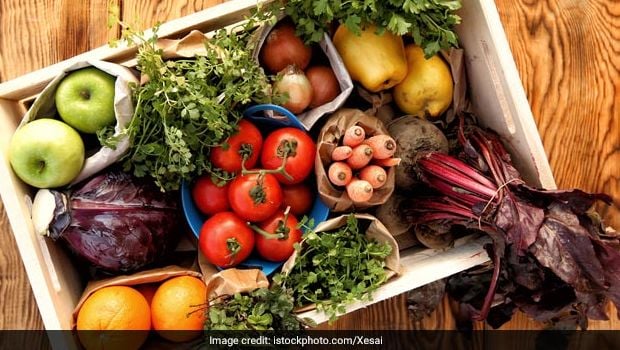Read on to know these vegetables name that you'd love to cook with.
Read on to know more about the benefits and nutritional value of these 93 super-healthy vegetables.
1. Asparagus- It is a nutrient-dense vegetable which is high in folic acid. It is an excellent source of potassium, fiber, vitamin B6, A and C. Apart from this. it contains anti-inflammatory properties which may reduce the risk of chronic health issues.(Also Read: 10 Best Indian Vegetable Recipes)
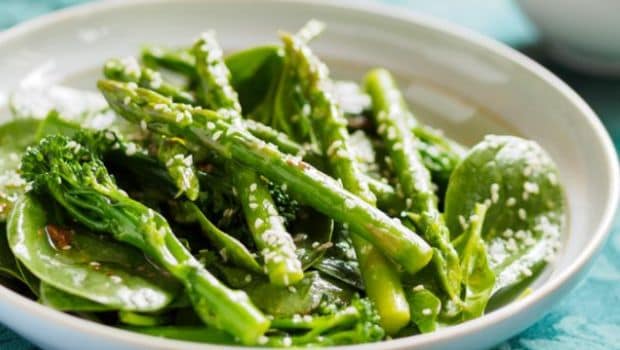
It is a nutrient-dense vegetable which is high in folic acid
2. Arrowroot: This vegetable contains remarkable levels of copper and iron. Both these minerals are an essential part of red blood cells in the body and may help prevent anemia.
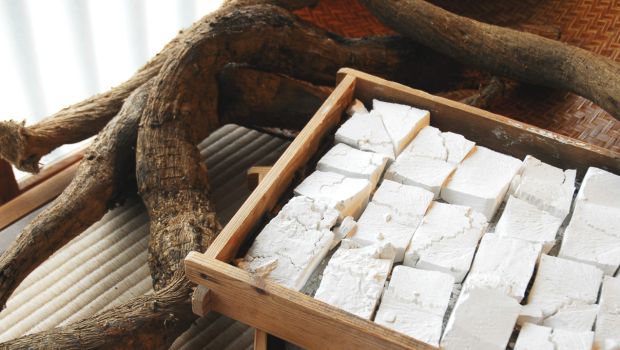
This vegetable contains remarkable levels of copper and iron.Photo Credit: REUTERS
3. Acorn Squash: Acorn squash is rich in niacin, folate, thiamine and vitamin B-6, A and C. Vitamin C promotes the health of immune and skeletal system in the body and may reduce the risk of hypertension and heart diseases as well.
4. Ahipa: Also known as the Andean yam bean, this vegetable is commonly grown in the Andean region. It is a rich source of carbohydrates and nutrients like vitamin K, vitamin C, and potassium.
5. Alfala Sprouts : Alfalfa sprouts are the shoots of the alfalfa plant. These sprouts contain significant amount of vitamins and minerals such as calcium, vitamin K and vitamin C
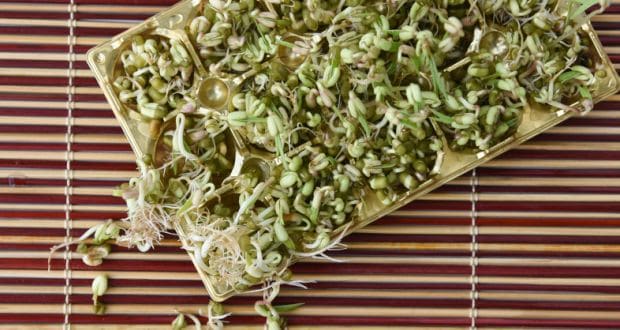
Alfalfa sprouts are the shoots of the alfalfa plant.6. Amaranth: It is an excellent source of various proteins, minerals, and vitamins. It not only helps in stimulating the growth and repair of damaged cells in the body, but also helps in reducing inflammation.
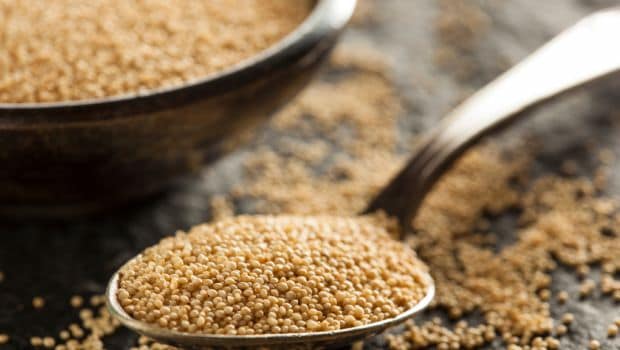
It is an excellent source of various proteins, minerals, and vitamins
7. Aonori: Aonori is filled with minerals, antioxidants and a wide range of vitamins. It is rich in vitamins like A, C, E, K and B. The consumption of this wonder food offers several health benefits as well.
8. Arame: Arame has long been used in Japanese food preparations along with other vegetables and soups. It is a source of omega-3 fatty acids.
9. Arracacha: This veggie hails its origin from Andes. It is known to be one of the nutritious root vegetables found across the world. It is packed with carbohydrates, minerals and vitamins.
10. Azuki Beans: They are rich in essential vitamins and minerals. Azuki beans may help in slowing down the aging process and are said to improve heart health as well.
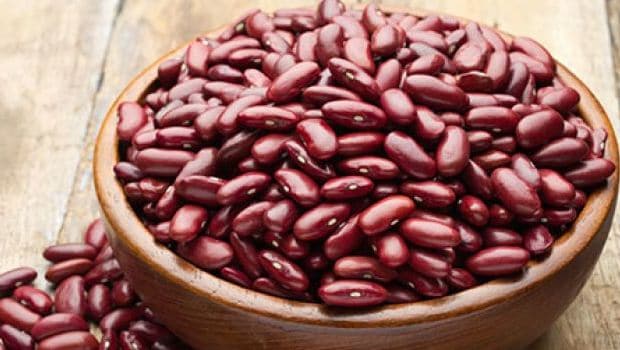
They are rich in essential vitamins and minerals.
11. Arugula: It has antioxidant properties which can prove to be quite beneficial for the skin. A diet rich in arugula may promote healthy bones and weight loss. It may also improve eyesight.
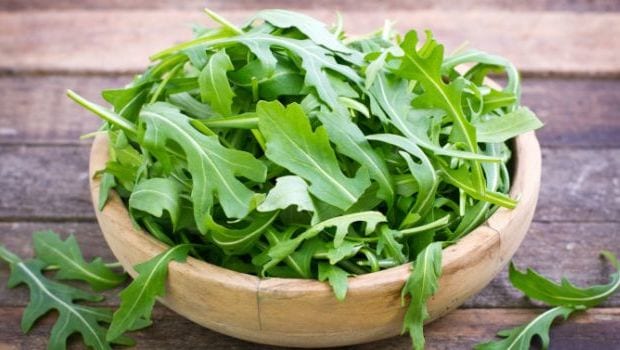
A diet rich in arugula may promote healthy bones and weight loss
12. Banana Squash: This veggie is fat-free, cholesterol-free and packed with the goodness of vitamins like A and C.
13. Beetroot: Beetroot is known to be a great purifier and is quite rich in iron content. It detoxifies the body and improves blood flow.
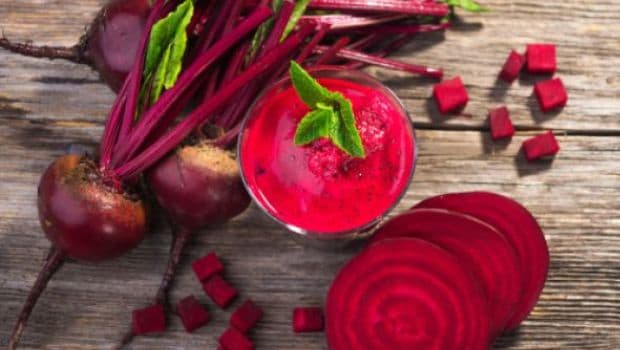
Beetroot detoxifies the body and improves blood flow
14. Beans: Beans are packed with soluble fibers which play a crucial role in maintaining the blood cholesterol levels in the body.
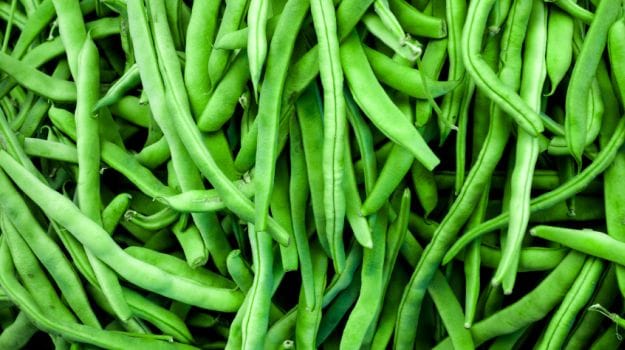
Beans are packed with soluble fibers.15. Butterhead Lettuce: Butterhead lettuce is known for its smooth and loosely bunched leaves. It is rich in essential nutrients and can add a great nutritional value to salads and sandwiches.
16. Bamboo Shoots: Bamboo shoots provides the body with an adequate supply of essential minerals and vitamins. They are also known to be a rich source of dietary fibers. Having a diet rich in bamboo shoots could help in balancing cholesterol levels in the body.
17. Black Beans: Black beans are rich in vitamin A, iron and calcium. Black beans can help you in digestion and can balance the blood sugar levels to a significant extent.
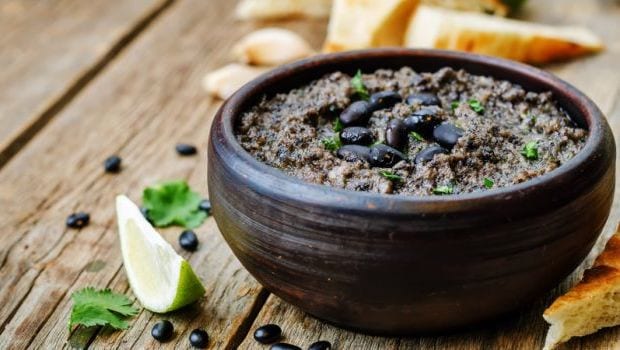
Black beans are rich in vitamin A, iron and calcium
18. Breadfruit: Breadfruit is an excellent source of potassium and protein. It helps in regulating the blood pressure in the body and maintains a healthy heart rate.
19. Broccoli: Broccoli is an excellent source of vitamin C and K. The potassium present in broccoli is important for the proper functioning of nerves and heart contractions.
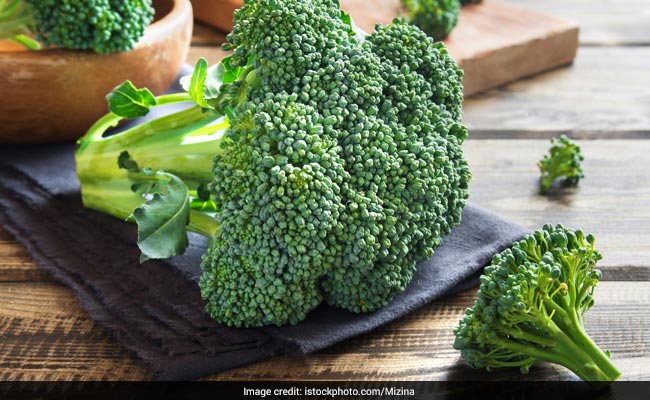
Broccoli is an excellent source of vitamin C and K.Photo Credit: iStock
20. Cabbage: Cabbage has vitamin C in abundance. Its rich fiber content could possibly provide relief in constipation.
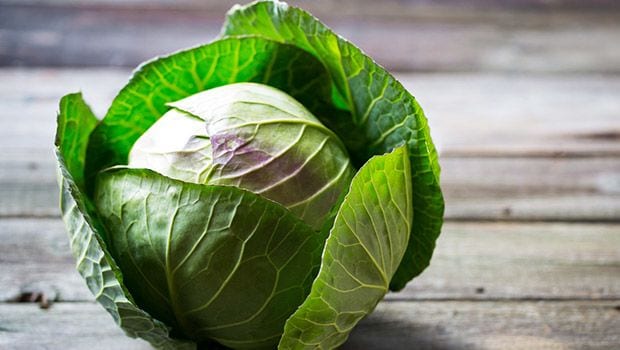
Cabbage has vitamin C in abundance
21. Chinese Mallow: Chinese mallow is a herb. This herb has various medicinal benefits. It is also used for kidney disorders and enhances flow of breast milk.
22. Chives: Chives are known to be healthy as they are low in calories and saturated fat. They are a rich source of vitamin A, K and antioxidants.

Chives are known to be healthy as they are low in calories and saturated fat.23. Cassava: Cassava is a tropical root vegetable that contains proteins, fat, carbohydrates, iron, Vitamin B and C.
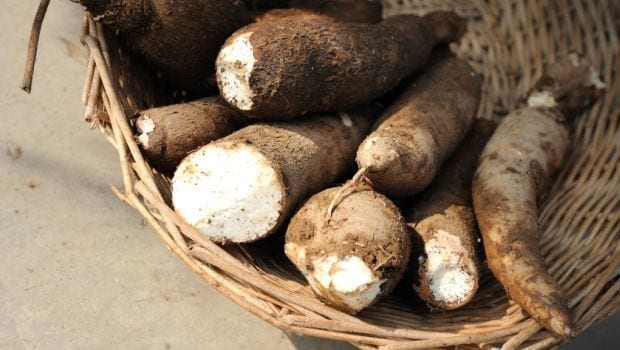
Cassava is a tropical root vegetable that contains proteins, fat and carbohydrates
24. Cactus Leaves: Cactus leaves have been traditionally used for medicinal purposes. They contain many nutrients and active components that may prevent the development of many diseases.
25. Cape Gooseberry: Cape gooseberries are rich in vitamin C which is good for skin and helps in boosting the overall immunity.
26. Ceylon Spinach: This vegetable is quite low in calories and fats. It is abundantly rich in vitamins, minerals, and antioxidants.
27. Carrot: They are rich in vitamin A, C, K, iron and magnesium. Like other vegetables, carrots are also rich in dietary fibers. Having a carrot rich diet could enhance the immune system and also reduce the symptoms of premature aging.
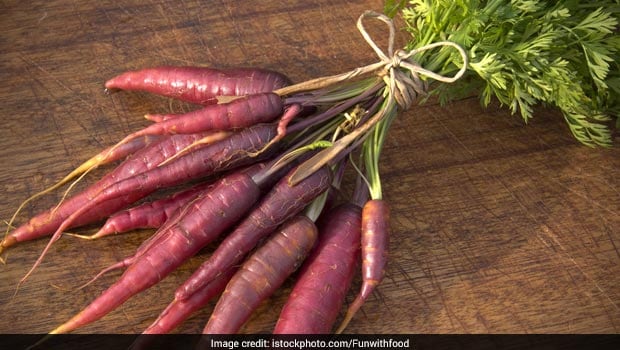
They are rich in vitamin A, C, K, iron and magnesium.28. Cauliflower: It is usually considered to be one of the healthiest vegetables as it is loaded with healthy vitamins and minerals. It is a rich source of vitamin C and K and has the ability to promote heart health.
29. Cucumber: Cucumber is a great source to keep your body hydrated. It is rich in vitamins like A, B and C which help boost the immunity system and provides the body with with sufficient energy.
30. Corn: Corns are rich in dietary fibers. They are a rich source of vitamins like A, C and K and also help in boosting the body's metabolism.
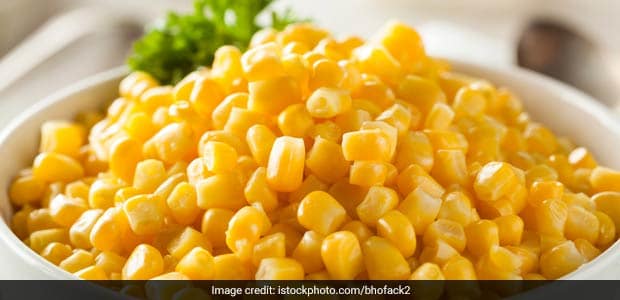 Corns are rich in dietary fibers.31. Celery: It is rich in antioxidants and dietary fibers. A cup of celery can provide you with high amounts of water content which can possibly prevent dehydration. Celery can improve skin, eye and cognitive health as well.
Corns are rich in dietary fibers.31. Celery: It is rich in antioxidants and dietary fibers. A cup of celery can provide you with high amounts of water content which can possibly prevent dehydration. Celery can improve skin, eye and cognitive health as well.32. Daikon: Commonly known as a Japanese radish, daikon's high nutritional value includes vitamin A, C, E and B-6, potassium, magnesium, calcium, iron, and fiber.
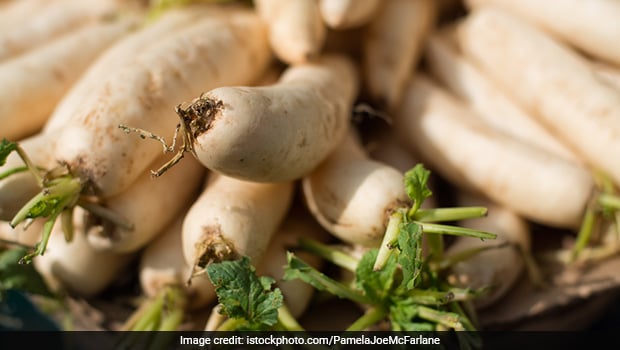
Commonly known as a Japanese radish33. Dabberlocks: These seaweeds are packed with antioxidants and minerals. Dabberlocks are used in making many natural cosmetics like lip balms, moisturizers and creams .
34. Drumsticks: It is packed with some really good therapeutic values and offers almost all type of nutritional advantages that can cure numerous health conditions.
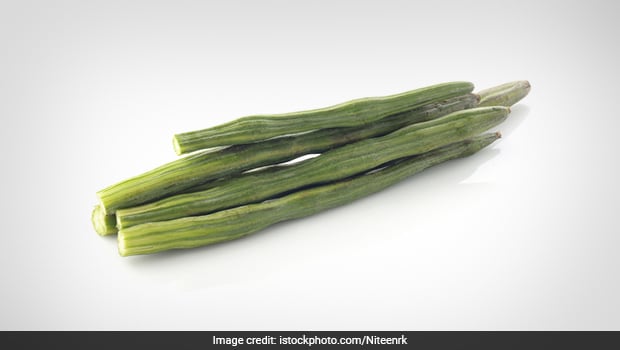
It is packed with some really good therapeutic values.35. Eggplant: Eggplant is one of those vegetables that is not only high on nutritional value but also great to taste. Its immensely rich antioxidant properties can fight against the free radical damage in the body.
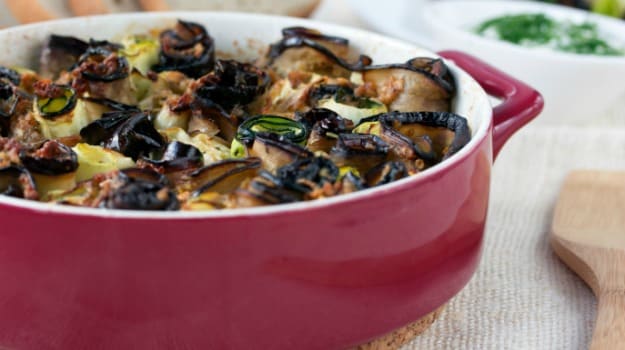
Eggplant is one of those vegetables that is not only high on nutritional value but also great to taste.36. Earthnut: This superfood may improve memory power and could possibly help fight against the symptoms of depression as well.
37. French Beans: The fiber content is very high in French beans and provides the body with sufficient protein content. Apart from this, French beans are also a rich source of vitamin A,C,K and folic acids. Due to the presence of these essential vitamins and minerals, French beans help in boosting the immunity system.
38. Fennel: Fennel is loaded with the goodness of zinc, copper, manganese, beta-carotene, vitamin E, and vitamin K. It may help in lowering down the cholesterol levels in the body to a great extent
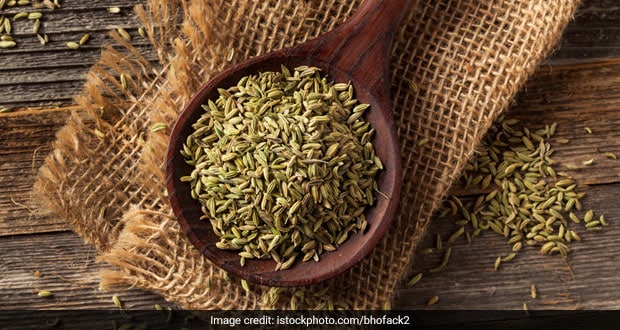
Fennel is loaded with the goodness of zinc, copper, manganese, beta-carotene, vitamin E, and vitamin K. 39. Fat Hen: Fat hen is cultivated in Northern India as a food crop. Its leaves are quite rich in vitamin A, calcium, phosphorous, and potassium.
40. Fluted Pumpkin: Fluted Pumpkin is a plant which hails its origin from West Africa. It has unique features that include fleshy fluted gourds with hard edible seeds. They are rich in calcium, iron, potassium, and manganese.41. Green Bell Pepper: Fresh, crisp green bell pepper is a tasty vegetable that can be added to any meal or salad to enhance their taste. Rich in vitamins like C and E, this veggie could help cure chronic diseases.
42. Ginger: Ginger is a long established medicine which is loaded with essential nutrients. Its healing properties have been known since ages and are powered with vital minerals like manganese, copper magnesium and potassium.
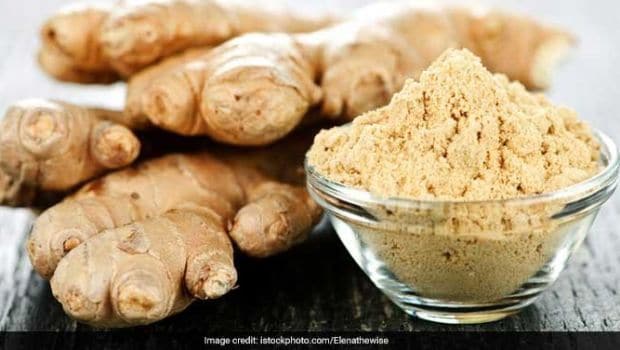
Ginger is a long established medicine which is loaded with essential nutrients.43. Gourd: It is often regarded as one of the healthiest veggies in the entire lot. This versatile vegetable is packed with water and minerals and keeps the body hydrated. It is a rich source of vitamin C, K and calcium. It aids in maintaining a healthy heart and brings down bad cholesterol levels in the body.
44. Garbanzo Bean: Also known as chickpeas, these beans enhance the satiety, boost digestion and protect the body from harmful diseases.
45. Groundnuts: They are usually consumed as snacks and contain vital vitamins, minerals and antioxidants that can prove to be quite beneficial for the overall health, if consumed in adequate amounts.
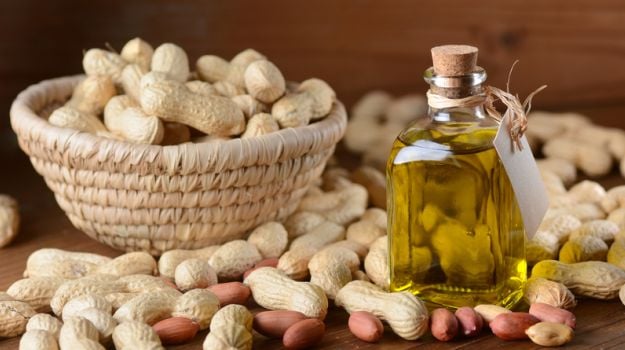
They are usually consumed as snacks and contain vital vitamins, minerals and antioxidants.46. Horseradish: It is a powerhouse of dietary fibers, vitamin C, potassium, calcium, magnesium, zinc, and manganese. It promotes bone health and improves the immune system.
47. Habanero Chili: Native to Central America and South America, Habanero peppers are the hottest of all grown chilies. It has anti-inflammatory properties that may treat conditions like arthritis and headaches.
48. Irish Moss: It is a type of seaweed which grows in cold water and is used in various raw food dishes for its nutritional properties
49. Ice plant: Its leaves are known for their medicinal properties that may prevent diseases associated with the liver and kidney. It may also cure redness of the skin, itching and swelling.
50. Jalapeno: Jalapeno peppers provide with various of health benefits and consist of a chemical known as capsaicin which gives it a spicy taste.
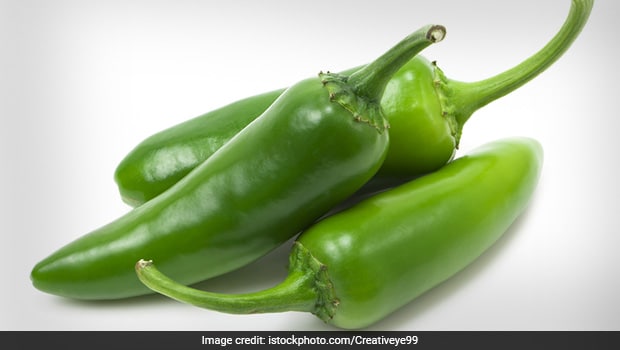
Jalapeno peppers provide with various of health benefits 51. Jicama: It hails its origin from Mexico and is a part of the legume family. It is low in calories and is an excellent source of fiber and vitamin C.
52. Jerusalem Artichoke: This root vegetable is starchy, just like potatoes. They are rich in non-digestive inulin which helps keep the bowel movement healthy.
53. Kale: This green leafy vegetable is loaded with iron content and provides the body with sufficient vitamins and dietary fibers.
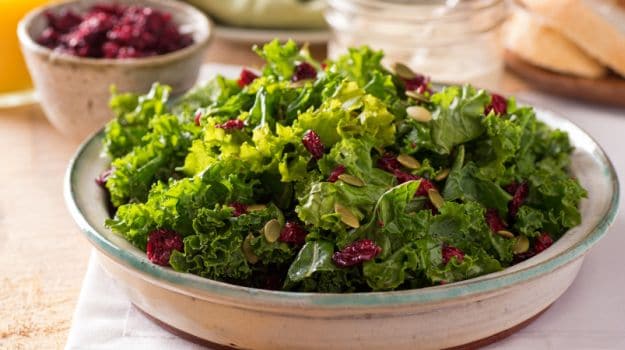
This green leafy vegetable is loaded with iron54. Kidney Beans: It is a rich source of molybdenum, folate, dietary fibers and copper. Adding this to your diet can fulfil your body's nutrient requirement to a significant extent.
55. Kurrat: It has been suggested by many health experts that this veggie should not be eaten in large quantities. Having this veggie in the form of juice can help lower down the cholesterol levels in the body.
56. Lettuce: This veggie has been grown for more than thousand years now. Lettuce has various health benefits to offer as well. It is packed with potassium, iron, calcium, vitamin K and A. It may help in inducing sleep as well.
57. Lentils: Lentils are low in calories and are a very rich source of soluble fibers which aid in balancing the cholesterol levels. They can also prevent constipation, if added to salads and other meals.
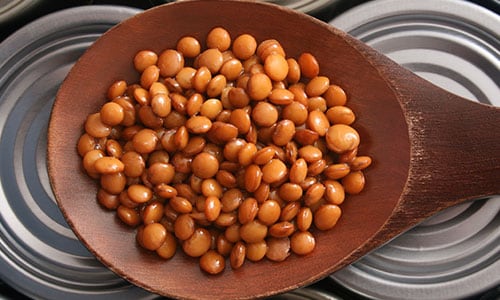
Lentils are low in calories and are a very rich source of soluble fibers58. Lotus Root: The name says it all. It is the root of a lotus flower which is considered to be a healthy vegetable. It could enhance the blood circulation to a great extent.
59. Lime: It is a rich source of vitamin C and packed with dietary fibers and essential minerals like copper, iron, potassium.
60. Mushroom: They are packed with proteins, minerals, vitamins, antioxidants. A mushroom rich diet can keep many diseases at bay.
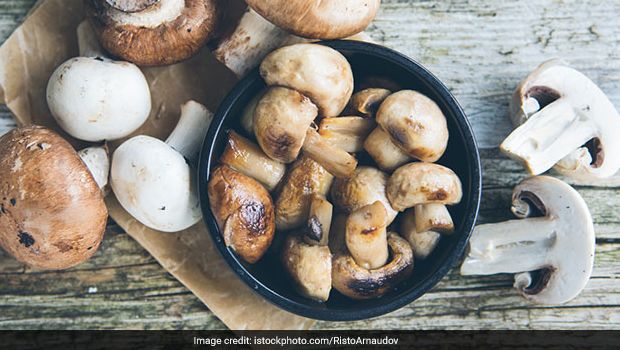
They are packed with proteins, minerals, vitamins, antioxidants.61. Mitsuba: It is used in many cuisines for its distinctive flavour and taste. It is known to be a natural immunity booster which relaxes tensed muscles and prevents cold.
62. Nettles: Nettle leaves are known to have various health benefits since medieval period. The roots, stem and leaves have their own distinctive health benefits. It may be used to cure acne breakout and dandruff as well.
63. Nopales: It is a form of cactus which offers many nutritional benefits. Native to Mexico and central America, its nutritional content includes vitamins like A, B6, C and K.
64. Olives: From reducing inflammation to improved digestion, olives can provide a lot of health benefits. It is rich in vitamins and minerals like iron, fiber, copper, and vitamin E
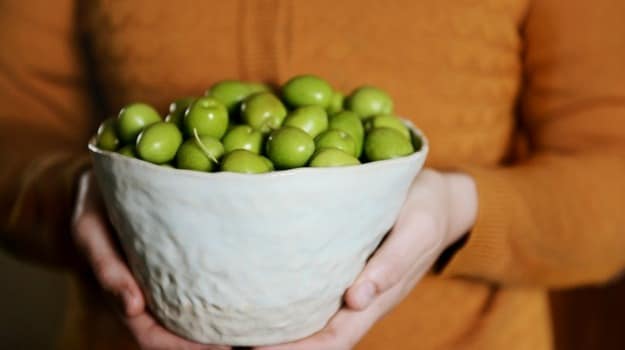
From reducing inflammation to improved digestion, olives can provide a lot of health benefits. 65. Onions: They are rich in in anti-bacterial and anti-fungal properties. They contain vitamin C and phytochemicals which help in improving the overall immunity.
66. Oyster Plant: It hails its origin from Great Britain and North America. It is a rich source of potassium and aids in keeping the heart healthy.
67. Pumpkins: The potassium content in pumpkins could help in regulating the blood pressure and is a best known source of beta carotene.
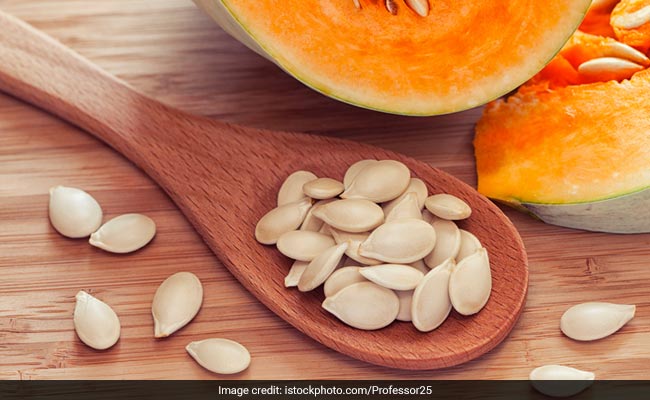
68. Parsley:Parsley is rich in Vitamin A, C and K which can help in keeping a lot of diseases at bay.
69. Potato: Potato is one of the most commonly used ingredients in Indian households. It helps protect the skin, increases circulation and keep the eyes healthy as well.
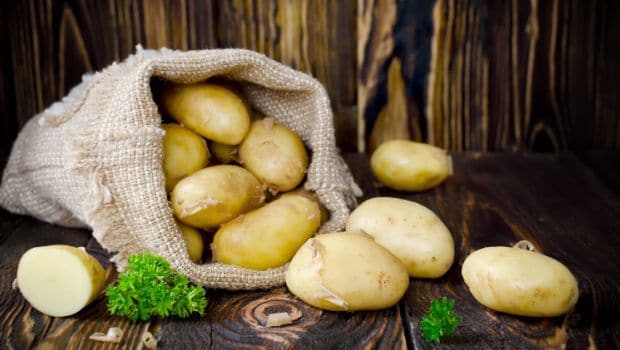
Potato is one of the most commonly used ingredients in Indian household70. Parsnips: This root vegetable has a nuttier taste and is loaded with many nutrients. It is a rich source of vitamin C and fiber.
71. Palm Heart: It has a crisp texture and can be added to any meal. It's very low in cholesterol and a rich source of vitamin C, calcium, iron and magnesium.
72. Quince: It is a great source of various vitamins, minerals ,antioxidants, and dietary fibers. This veggie can improve skin health to a great extent.
73. Radish: Radish is extremely good for the liver and stomach, and acts as a powerful detoxifier too. It improves digestion and prevents constipation.
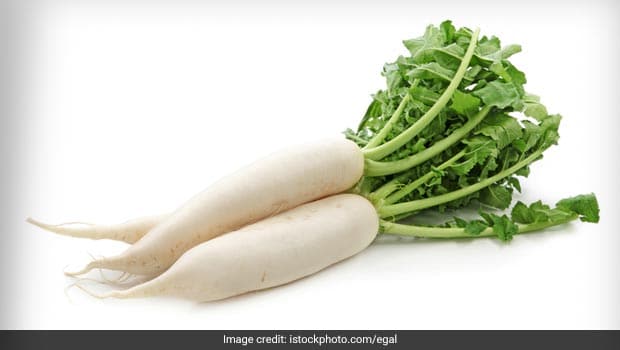
Radish is extremely good for the liver and stomach.74. Rosemary: It is grown in Mediterranean region and helps in enhancing the mood and stimulates blood circulation to a great extent as well.
75. Red Cabbage: It is a nutritious and delicious vegetable. Important vitamins like A, B, C and K are present in this veggie.
76. Shallots: They are a rich source of dietary fibers, proteins, vitamin C, potassium, folate, vitamin A, vitamin B6, and manganese. They have the ability to lower the cholesterol levels in the body.
77. Snow Peas: Snow peas are packed with vitamin A, vitamin C, iron, potassium and dietary fibers that could possibly keep the issue of constipation at bay.
78. Sorrel: It is a type of a herb which is used in many cuisines across the world for its sharp yet tangy taste. Just like its distinctive flavour, it is also known for its rich vitamin C and A content.
79. Soybeans: Soybeans may help keep the body's metabolism in check. It also has the ability to boost the overall immunity of the body.
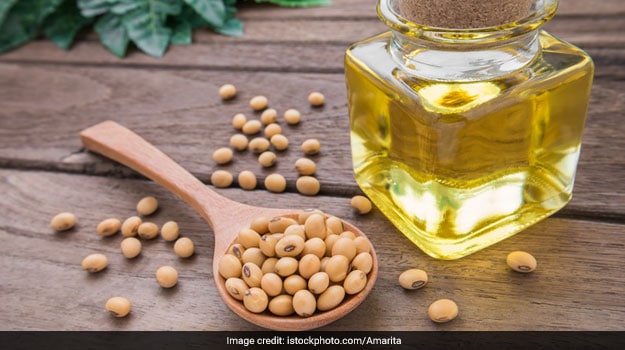
Soybeans may help keep the body's metabolism in check80. Spinach: This green, leafy vegetable has endless benefits. A great source of iron, spinach can be either eaten raw or cooked. Vitamins like folate and niacin are present in large numbers in spinach.
81. Tomato: Tomato has been widely used across the globe as one of the major ingredients in food. It is known to be one of the best sources to provide with maximum amount of vitamin C.
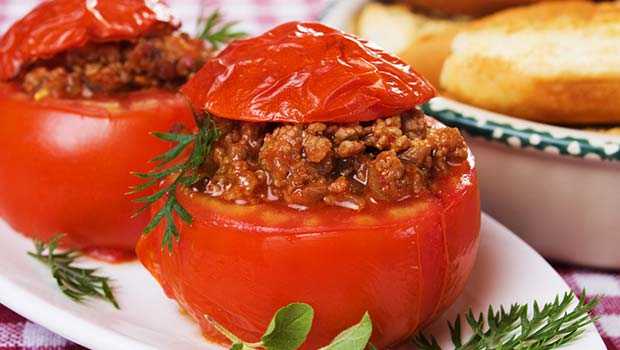
Tomato has been widely used across the globe as one of the major ingredients in food.82. Turnips: It is a white-skinned root veggie which is rich in calcium, magnesium, phosphorus, potassium and sodium. Turnips are an amazing veggie as it helps reduce inflammation and keeps the immunity strong by providing all essential minerals.83. Ulluco: Native to south America and a very similar looking vegetable to potato, this veggie has a crispy texture. It has vitamin C as a major vitamin component and has no fats.
84. Velvet Bean: Velvet bean is used in India for medicinal purposes. It helps in dealing with muscular pains and menstrual disorders.
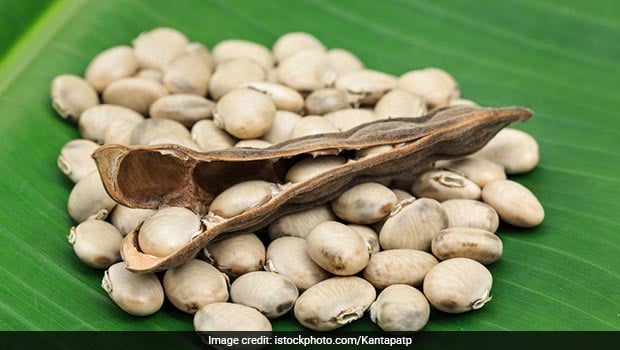
Velvet bean is used in India for medicinal purposes85. Vidalia Onion: These onions are fat-free, sodium-free and an excellent source of vitamin C. They are usually kept at room temperature.
86. Wasabi: Wasabi provides with amazing health benefits. It aids in keeping the heart healthy and keeps respiratory ailments at bay.
87. Water Chestnut: It is a low-calorie vegetable that makes you feel full for a longer period of time due to the presence of fiber in it.
88. Watercress: This green leafy vegetable is loaded with vitamins and minerals. It is said that this vegetable contains more vitamin C than an orange and is also rich in iron, magnesium, calcium.
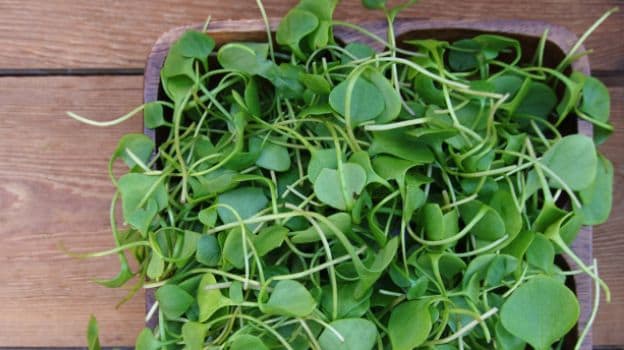
This green leafy vegetable is loaded with vitamins and minerals89. Xemenia: Xemenia is also called as tallow wood. It is widely used for medicinal purpose to treat headaches, fever and cold. The skin of this veggie is astringent in nature and has vitamin C.
90. Xigua: It is very much similar to squash, cantaloupe and pumpkins. It helps improve blood circulation in the body.
91. Yam: It is a rich source of vitamin C and very much similar to sweet potatoes. The vitamin A present in yam is converted into beta carotene. It also provides the body with good amounts of fiber, and metabolic B vitamins.
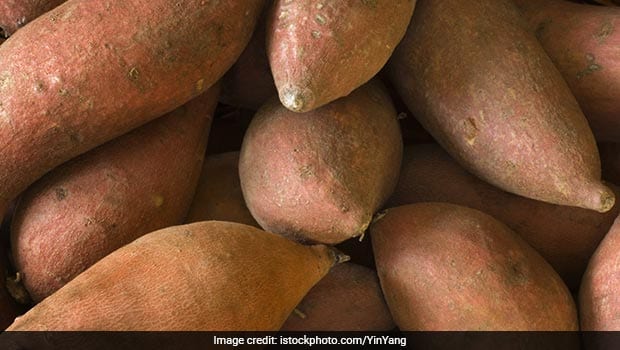
It is a rich source of vitamin C and very much similar to sweet potatoes
92. Yarrow: It is a herb which has anti-inflammatory properties which can keep many diseases at bay.
93. Zucchini: Also known as courgette, this veggie is widely cultivated in America. Though zucchini is a fruit, but it is often cooked as a vegetable and provides us with essential vitamins and nutrients.
If you're veggie lover who wants to add more veggies to his/her diet, then bring this list to your rescue.









